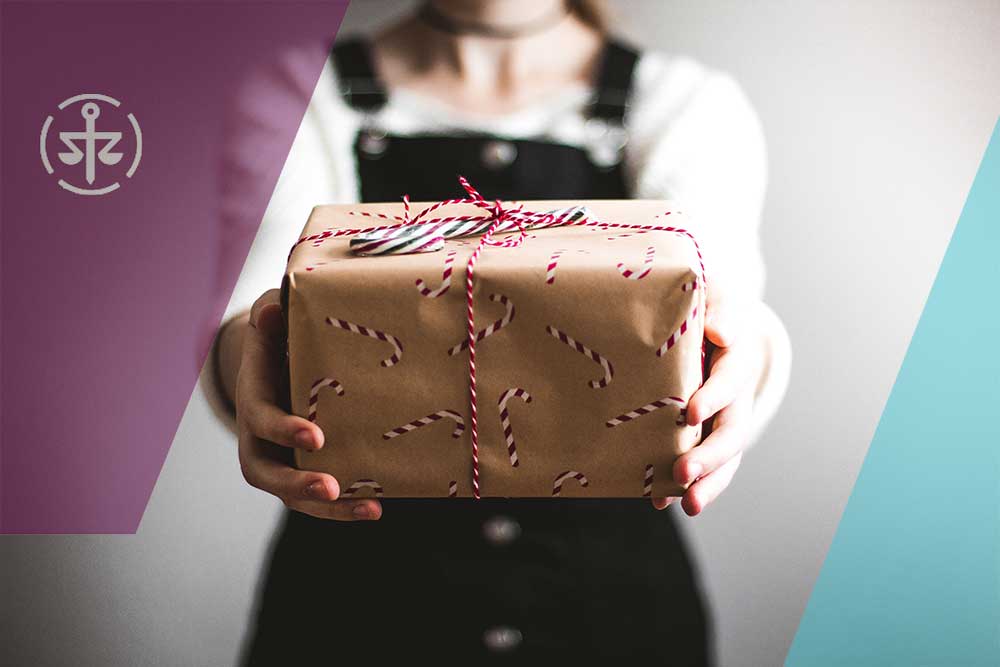Did you know you can reduce your inheritance tax liability on death by making tax-free lifetime gifts?
We are now about to end the tax year 2021/2022, and with the next tax year beginning on April 6th you are running out of time to make use of the year’s exemptions and allowances.
Making use of ‘gifts’
Everyone has an annual exemption of £3,000.00 which allows you to make gifts of assets or cash up to a total of £3,000.00 in each tax year without the value of those gifts being added to your estate for inheritance tax purposes – if you die within seven years of making the gifts.
If you have not used all of your annual exemption for the previous tax year, you can carry it forward one tax year after which if it is not used it is lost.
If you give away assets or cash in excess of £3,000.00 and die within seven years of making the gift, the value of the gift over £3,000.00 forms part of your estate for inheritance tax purposes.
In addition to the above, you can also give individuals gifts of up to £250.00 per individual per tax year.
Gifts to marrying children and grandchildren
If your child is getting married, you can make a gift to them of up to £5,000.00. Or, if your grandchild or great-grandchild is getting married you can gift them up to £2,500.00, in the case of a friend or other relative you can gift to up £1,000.00.
In each case, the gift must be made before the wedding and the wedding must take place for the gift to fall outside of your estate for inheritance tax purposes.
Further opportunities for tax-free gifts
If after you have taken into account your normal expenditure you are still left with sufficient income to maintain your usual standard of living, and have surplus income, you can make gifts out of that surplus income which will be tax-free in the event of your death.
The gifts must be made out of income and not capital, furthermore you cannot use capital to supplement your income. The gifts must be intended to be made regularly.
It is important that extensive records are kept of your after-tax income and normal expenditure, as on your death your Executors will need to submit a detailed tax form to HM Revenue and Customs detailing your income and listing your expenditure (listing separately how much you spend on mortgages, insurance, household bills, council tax, travel costs, entertainment, holidays, nursing home fees and other expenditure) for each tax year they are claiming you made gifts out of income.

